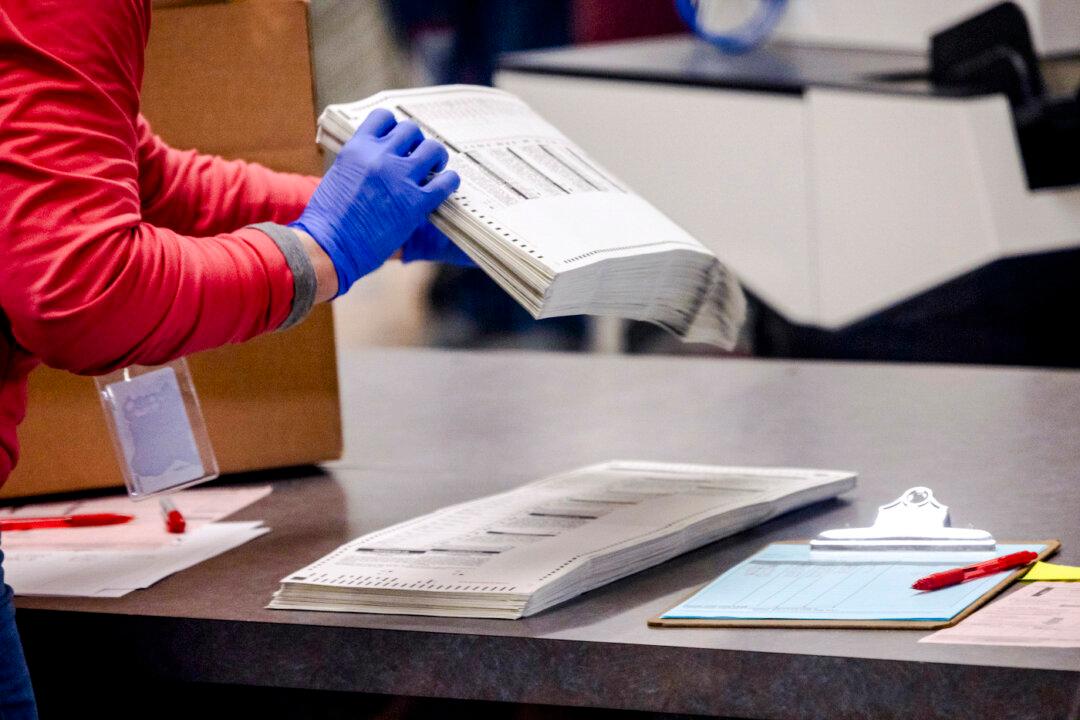Arizona’s Supreme Court on Nov. 10 denied an emergency request to extend the deadline for officials to fix problems with mail ballots, roughly a day after the American Civil Liberties Union (ACLU) submitted the petition, citing delays in vote counting.
The state’s highest court ruled on Sunday that election officials in eight of the state’s 15 counties had reported that all voters with “inconsistent signatures” had been properly notified and given an opportunity to respond. The ACLU and Campaign Legal Center named several county registrars, including Maricopa County’s Stephen Richer, in their petition filed on Nov. 9.





